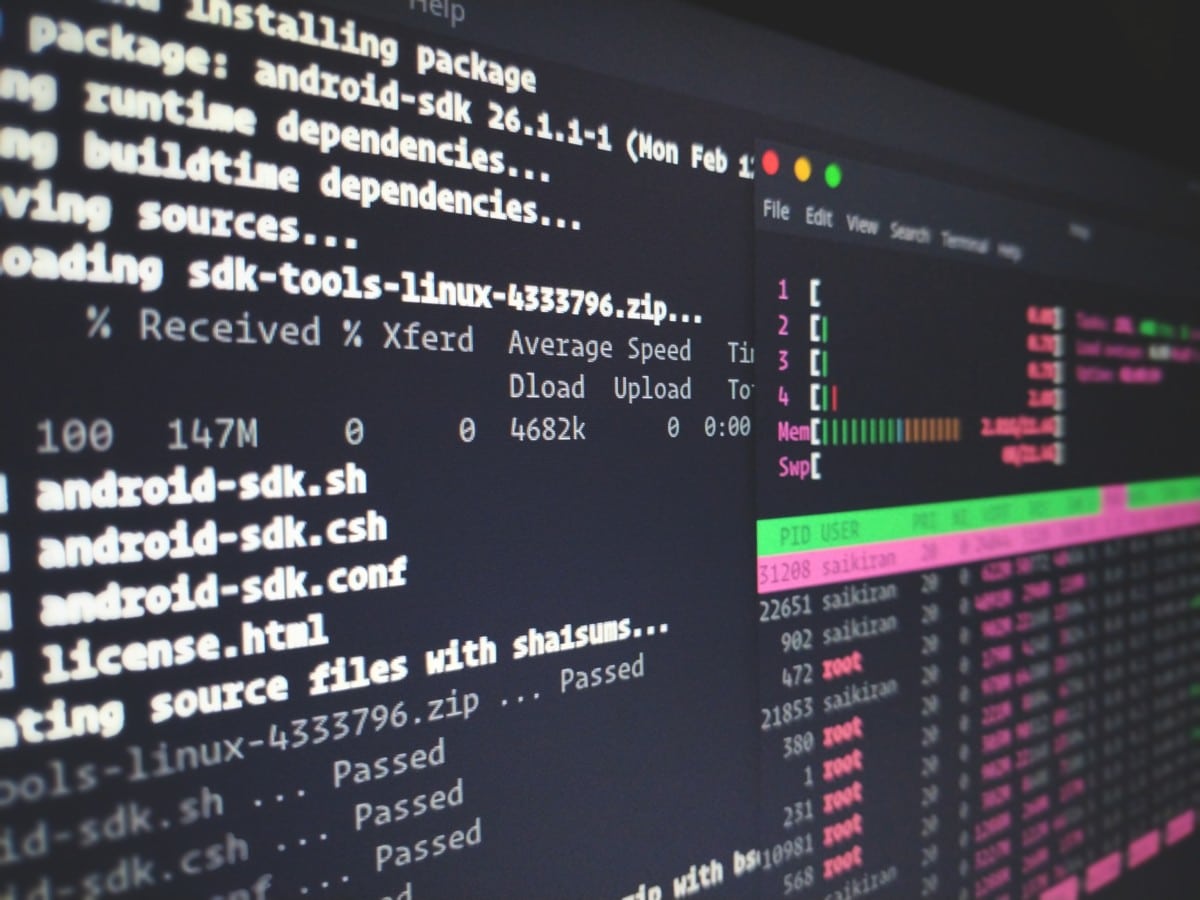Are Message Queues in Linux Obsolete?

If you look for information on message queues in Linux, you're likely to come across a mixed bag of information. Some imply they're obsolete, others accuse them of being buggy, others still say they're one of the most underutilized Unix resources. So, what do you believe?
If you're thinking about using a message queue in Linux, here's what you need to know before you jump in feet first. For a faster, more flexible, and more scalable solution, consider IronMQ. Book a Demo to put it to the test.
Table of Contents
ToggleAchieve Cloud Elasticity with Iron
Speak to us to find how you can achieve cloud elasticity with a serverless messaging queue and background task solution with free handheld support.
Should You Use a Message Queue in Linux?
Before asking whether or not you should use a message queue in Linux, the first question you should ask is whether you should use one at all. Message queues generally aren't appropriate for applications that have unbounded data. In those instances, you'd be better off opting for stream-oriented mechanisms, like sockets and pipes.
With that said, if you know that a message queue (MQ) is the right fit for your application, you should take everything you read about Linux message queues with a grain of salt. Opinions on whether Linux MQs are obsolete are just that: opinions. There's rarely a one-size-fits-all answer, which is why you must consider the specific use case you're planning for and the features and limitations of the Linux message queue.
The Benefits of a Message Queue
All message queues serve the same purpose: they connect your distributed systems to increase uptime and improve efficiency across the board. Most benefits of Linux message queues are not specific to the solution, but general benefits of using a messaging queue. These benefits include:
- Improve performance by enabling asynchronous communication. Endpoints will interact with your queue instead of with each other. So, message producers can add requests without needing to wait for processing, while message consumers can process messages whenever they're able to. This optimizes data flow because no app in the system is waiting for another.
- Boost system reliability with persistent data. With a message queue, you'll reduce the errors associated with an offline system. Since the message queue separates components, you build fault tolerance into your system, allowing other parts to continue functioning even if one becomes unreachable.
- Scale exactly when and where you need to. A message queue allows you to scale up or down with precision. As queues grow longer, you can distribute the workload across consumers. Meanwhile, the queue, producers, and consumers can all scale with demand.
- Decouple your systems and remove dependencies. Simplify your systems by removing dependencies amongst components. With a message queue, you can break up apps, move to microservices, and even make the move to serverless with ease and without risking disconnect.
Now that you know what the ideal message queue solution can do for your system, you need to compare apples to apples so you can choose the message queue that's best suited to your business.
IronMQ is one of the fastest and most reliable message brokers on the market. Book a demo to see for yourself.
Iron.io Serverless Tools
Speak to us to learn how IronWorker and IronMQ are essential products for your application to become cloud elastic.
Thanks for subscribing! Please check your email for further instructions.
The Pros and Cons of Linux Message Queues
Linux message queues are by no means perfect, but it's important to ensure you're getting the right information. System V variants of the message queue have long fallen out of favour, but POSIX versions are regaining popularity.
If you're strictly considering a POSIX message queue, there are pros and cons you have to take into account. When it was first introduced, POSIX provided a cleaner interface and handy features, like the ability to mount the queue as a filesystem. These days, though, POSIX has a lot of competitors.
Take IronMQ, for example, which offers a lightning-fast experience sure to rival any deployment of POSIX. With Iron's solution, you can reliably tie your distributed systems together, connecting services and components with a highly available, persistent MQ that's cloud-native and ready for enterprise-level scaling.
Faster than other solutions on the market, IronMQ isn't just known for its speed. Automated failover, pull, push, and long-polling support; and high scalability make Iron's solution optimal for any environment. As a modern solution, Iron also offers a number of features that you just won't get with POSIX and other options.

What Iron Can do For You
IronMQ provides you with a myriad of functions and features to make connecting your systems easier than ever. Publish and subscribe support, an intuitive dashboard, push queues, webhook support, and in-depth reporting and analytics all come together to enable powerful communication across even the most dynamic and complex systems.
Whether you're looking to deploy on-premises, in the cloud, or in a shared environment, IronMQ's flexibility, reliability, and scalability are unmatched by other solutions. So, are you ready to see what Iron can do for your business? Book a demo today and test it for yourself.
Unlock the Cloud with Iron.io
Find out how IronWorker and IronMQ can help your application obtain the cloud with fanatical customer support, reliable performance, and competitive pricing.
